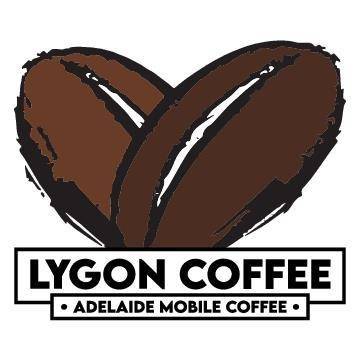A Brief History on Decaf and Its Development as a Beverage
Until the early 1900s, coffee had been consumed mainly in its natural form. Various methods were developed for removing caffeine, but these were only used on a small scale. The first decaffeinated instant cup of java was invented in 1929 by German chemist Alfred W. Koffler of the Sanka company.
With the invention of decaffeinated beans, people could enjoy their favorite hot beverage without worrying about sleepless nights and headaches.
The Top 5 Lies About Decaf Coffee
Lie #1: A decaf coffee isn't caffeinated
There’s a common misconception that decaf coffee is not caffeinated. But in fact, decaf coffee can have caffeine, depending on how it was processed.
This is a lie because people think that decaf coffee does not have caffeine, when in fact it can have some amount of caffeine depending on the process of the coffee.
Lie #2: A decaf coffee tastes the same as a regular coffee
Despite the lack of caffeine, a decaffeinated coffee may taste different from a regular coffee.
Lie #3: The caffeine in a decaf coffee is destroyed during the process of making it
The decaffeination process is done to allow coffee drinkers to enjoy their favourite beverage without the health risks associated with caffeine. While it may seem like a straightforward process, there are actually many different methods to remove caffeine from coffee.
The most popular method for removing caffeine is through water-soluble chemicals that are found in the beans themselves, which is then passed through an acidic solution that removes the caffeine.
Sometimes, CO2 extraction will be used instead of water because it’s more efficient and doesn't require any additional chemicals, making the process faster and cheaper.
To make sure that all of the caffeine has been removed before packaging, a chemical called pentanedial is used as a final check.
Lie #4: Decaffeinating a coffee will make it healthier, but not healthier than a regular cup of coffee
Decaffeinated coffee is not healthier than regular coffee. This is the lie that most people believe in, but it is not true at all. Decaffeinated coffee has more sugar and artificial ingredients to make up for the absence of caffeine in it.
The truth about decaffeinated coffee is that it's not any healthier than regular coffee, but still might be a good idea for someone who drinks a lot of caffeinated beverages. This way they won't have to worry about their heart racing from drinking too much caffeine.
Lie #5: A decaf coffee means you can drink more cups of it without getting an adverse reaction to caffeine
A decaf coffee is not necessarily less caffeinated than a regular coffee because decaffeination can remove anywhere between 20% to 95% of caffeine.
This lie implies that the word "decaf" means the coffee is free of caffeine, which does not need to be necessarily true.
Decaffeinated Coffees: Are They Still Great?
Caffeine is a stimulant and it can be found in coffee beans.It is one of the most consumed substances in the world.
However, there are some people who do not drink caffeine for various reasons such as pregnancy or just lack of interest.
For those people, decaffeinated coffees are the ones that they should be buying.
Decaffeinated coffees are still great as they contain many healthy components and nutrients such as antioxidants and minerals like potassium and magnesium, which can help with weight loss or maintain a healthy diet.
Conclusion: Is it safe to drink? The dangers and truths about drinking decaffeinated coffee & caffeine alternatives
Decaffeinated coffee is a beverage without caffeine. It is made by extracting the caffeine from the coffee beans before they are roasted. This process may be done by using either carbon dioxide or water. Decaffeinated coffee often has a slightly different taste than regular, caffeinated coffee.
Most of us try to cut down on our caffeine consumption for various reasons including headaches, feeling tired, difficulty sleeping and energy crashes. And that can be done in two ways - drinking less caffeinated beverages or switching to decaffeinated ones. But what's the difference between caffeinated and decaf?
Caffeinated coffee contains around 95 milligrams of caffeine per cup of 8 ounces while decaf contains around 3 milligrams of caffeine per cup of 8 ounces. So yes it is safe to drink.



Add Comment